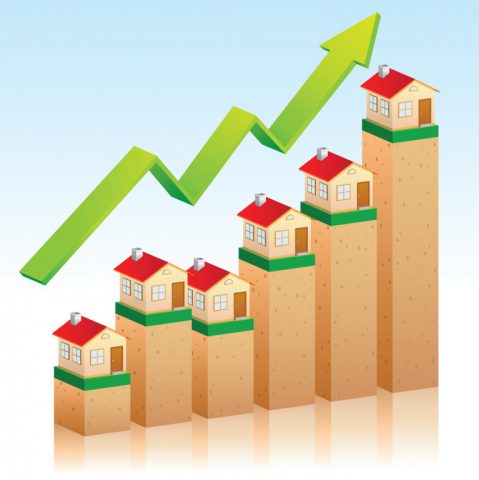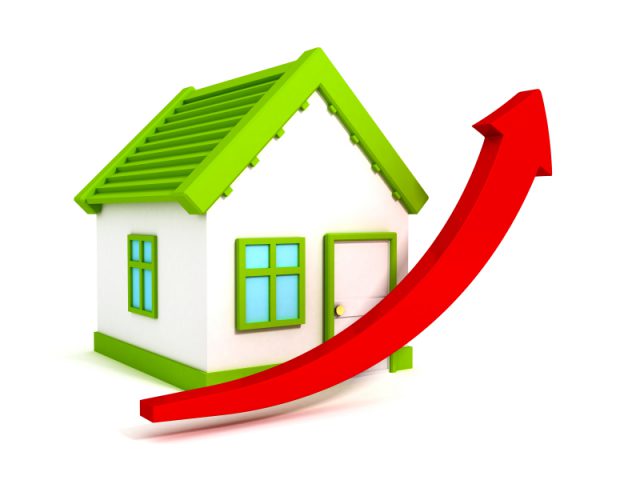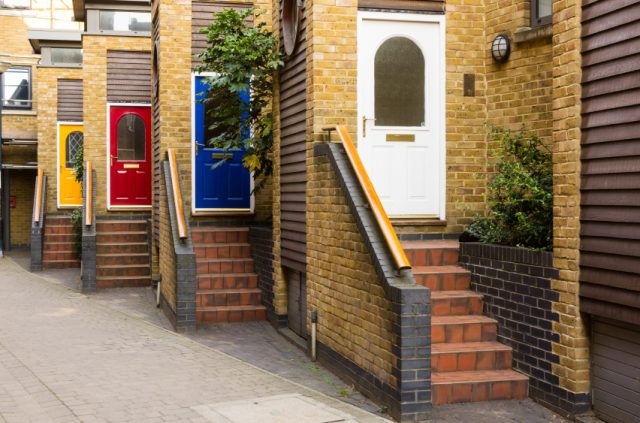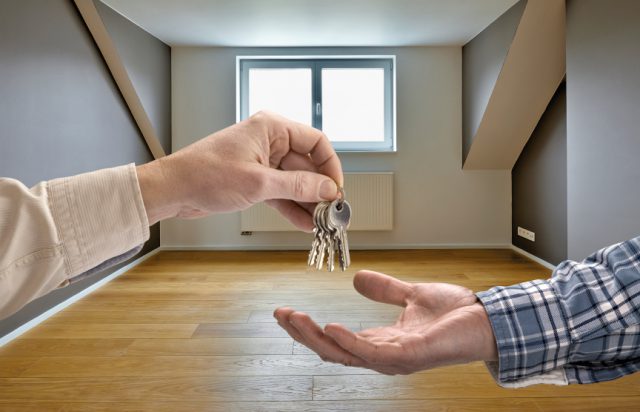House Price Inflation Continues Strong Growth Seen Since 2013
House price inflation across the UK continued the strong growth seen since 2013 at the end of last year, according to the most recent index from the Office for National Statistics (ONS)/Land Registry.
Average house price inflation stood at 6.7% in the year to November 2016, up from 6.4% in the previous month.

House Price Inflation Continues Strong Growth Seen Since 2013
This takes the average property value across the UK to £218,000, up by £14,000 on the previous year and £2,000 higher than October.
The main contribution to November’s house price inflation was England, where values rose by an average of 7.2% over the year, to reach £234,000. Wales saw house prices increase by 4.1%, to stand at £147,000, while the average value in Scotland was up by 3.3% to £143,000. In Northern Ireland, the average price was £124,000 in November.
Regional house price inflation
London continued to boast the highest average house price of any region across the UK, at £482,000, followed by the South East and East of England, at £313,000 and £278,000 respectively. The lowest average price continued to be found in the North East, at £127,000.
The East of England showed the highest annual house price inflation, with values up by 10.5% in the year to November. Growth in the South East was second highest, at 8.6%, followed by London, at 8.1%. The lowest annual increase was recorded in the North East, at just 3.2%.
Local authority house price growth
The largest annual growth in property values in the 12 months to November was in Rutland, where prices rose by a whopping 20.7% to reach an average of £307,000. The lowest annual increase was seen in the City of Aberdeen, where prices dropped by 7.8% to an average of £172,000.
In November, the most expensive borough to buy a property was Kensington and Chelsea, where the average home cost a huge £1.3m. In contrast, the cheapest place to buy was Burnley, at just £75,000.
The CIO and co-founder of LendInvest, Ian Thomas, comments on the latest figures: “Despite some knocks, the property market will remain fundamentally strong throughout 2017, with a sustained drive by Government to increase the supply of new homes.
“The Housing White Paper, expected later this month, will add detail to the commitments already made by the Housing Minister to tackle the housing crisis. Industry will be watching with hopes that these announcements will reinvigorate the market.”
The ONS/Land Registry index follows reports from both Your Move and Rightmove yesterday, which claim that house prices ended 2016 almost at the peak recorded back in March last year.
So will values start to come down as they reach a potential affordability ceiling?









